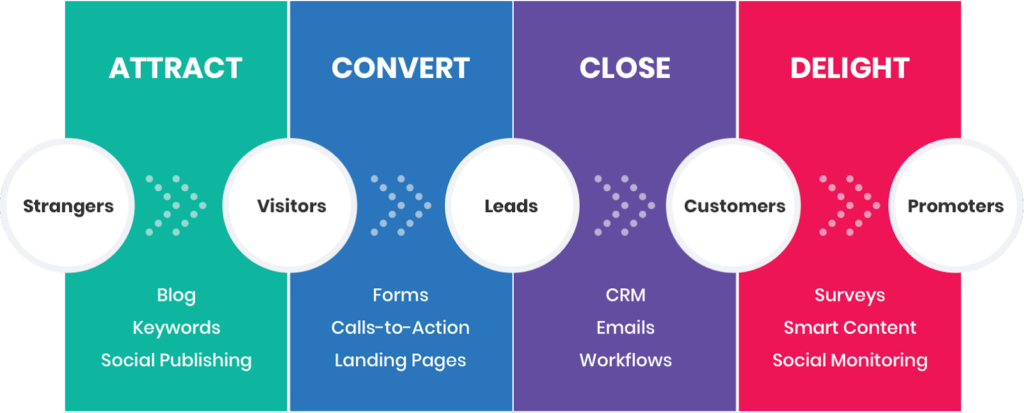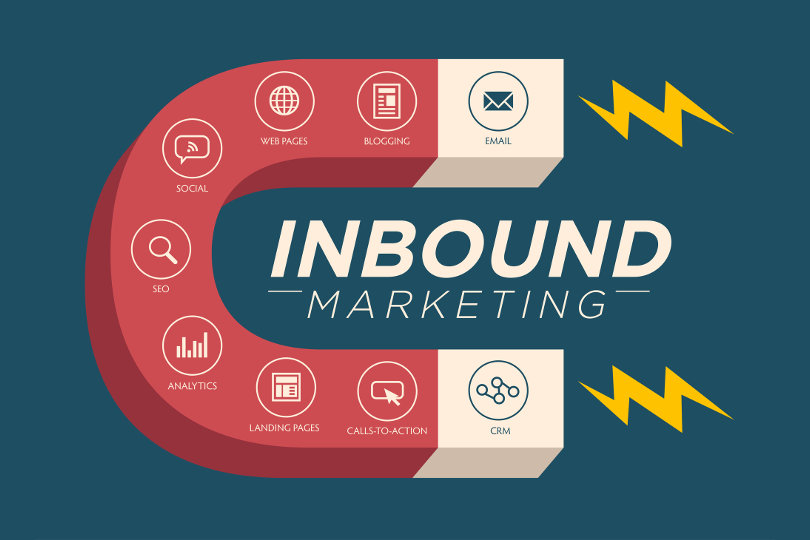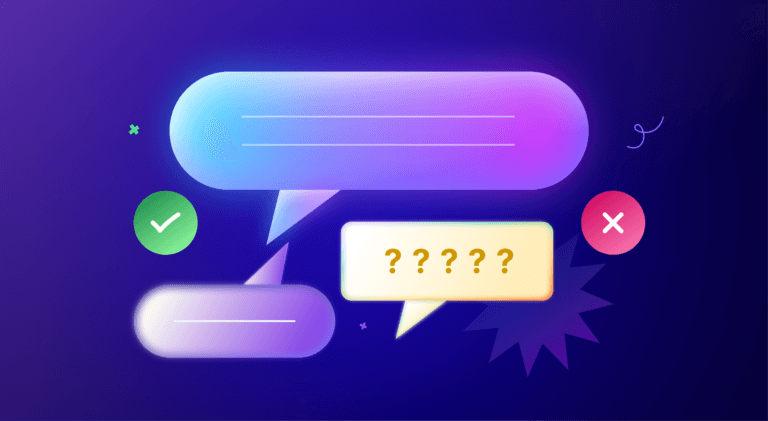
Table of Contents
- What Does Inbound Marketing Mean?
- How Does Inbound Marketing Work?
- What Are Some Inbound Marketing Examples?
- Similarities Between Inbound Marketing and Content Marketing
- Key Takeaways
- FAQs
Inbound marketing is the most organic way to attract audiences to your content. Unlike content marketing, it draws audiences without using any distribution channels.
In this era of digitization, it is essential for businesses to stay connected with their customers. But what companies sometimes fail to understand is that consumers also feel the need to be part of a dialogue with businesses. The definition of inbound marketing itself is deeply linked to this. It encourages businesses to generate content that is organic and helps attract the targeted audiences without having to depend on marketing strategies heavily. This is the best way to leverage the power of the internet as a communication tool.
What Does Inbound Marketing Mean?
Inbound marketing is not an entirely new concept. Just like content marketing, it has been around for a while but has risen to popularity in the last decade or so. Today’s consumer is only getting smarter, making it more challenging for businesses to keep their products and content meaningful.
The basic meaning of inbound marketing is that customers should not approach marketing as something that is distracting or annoying. Rather, when they actively seek out a business, they are more likely to take upon an offer. Inbound marketing allows companies to do just that. By generating relevant and attractive content, it engages the audience organically. Eventually, this leads to potential leads for the business, and finally, their conversion into sales. In a way, inbound marketing is what gives structure to the entire sales cycle of a company.
How Does Inbound Marketing Work?
Once you have understood the definition of inbound marketing, the next step is to connect the concept to practice. The good news here is that anyone can adopt the inbound marketing method to scale their businesses and build credibility. For this, you need to follow a few key steps:

Step 1: run diagnostics
The first step in any marketing strategy is to understand who it is targeted at. This is where you identify target groups, analyze consumer behavior, or undertake market surveys.
Step 2: attract your targeted audience
Create compelling and informative content in the form of blogs, videos, infographics, etc., to draw the attention of people (even those who may be alien to your business). The idea is to make yourself visible and relevant.
Step 3: convert them into leads
This is where the game begins to change. Your content has to be backed by a smooth user experience, relevant calls to action (CTA), dynamic landing pages, etc., to compel your visitors to want to know more. That is when they become business leads.
Step 4: close the leads
Engage with the potential converts by giving them more information and responding to their queries. At this stage, marketing automation can help you tremendously to nurture your leads.
Step 5: delight your customers
Once your leads become customers, you need to nurture that relationship so that they become your brand ambassadors. Strategies such as email marketing and product surveys can be extremely useful here.
What Are Some Inbound Marketing Examples?

Inbound marketing in the practical context can be understood through these two big brands
adopting this unique strategy:
Nike
Who doesn’t remember the motivational ads and marketing collateral by this sports giant? There has hardly been a single poster, blog, or TV ad from Nike that has not left a mark on its audience. With a follower base of over 180 million on Instagram, Nike leverages user insights as part of its inbound marketing strategy. And all their social media posts attract a high level of user interaction.
Uber
This brand has single-handedly disrupted the cab industry across the world. And it has done so by effortlessly communicating with customers using the power of digital platforms. Its inclusive messaging is focused on inclusion, connectivity, and awareness: a combination that is bound to strike a chord with people.
Similarities Between Inbound Marketing and Content Marketing
Although the strategies are different, these two methodologies rest on one important element: content. Creative content is the cornerstone of both marketing methods. Inbound and content marketing both encompass the creative writing element, which is key to attracting customers.
Additionally, it may be said that both strategies approach marketing in a holistic way, wherein the end goal is to satisfy the visitor or target audience. In fact, both types of marketing tools are non-interruptive and persuasive at the same time.
Conclusion
Inbound marketing is an organic process to attract potential customers to a business. It rides on the five principles of diagnosis, attracting, converting, closing, and delighting customers. However, how well an inbound marketing plan works depends on the strength of the content.

FAQs
Inbound marketing is a methodology used by businesses to attract customers through creative content and tailored experiences. It is a unique marketing method used to help potential customers discover your brand.
Outbound marketing involves reaching out to customers proactively as opposed to inbound marketing, which attracts customers through content.
Inbound marketing can use multiple engagement tools such as blogs, social media, ebooks, newsletters, infographics, videos, press releases, etc.
The different channels for inbound marketing include CTAs, email marketing, blog posts, landing pages, website, social media, SEO, and analytics.
The different inbound engagement strategies can be categorized into attracting strategies, engaging strategies, and delighting strategies.
Latest Blogs
Learn how to rank on AI search engines like ChatGPT, Perplexity, and Gemini by optimizing your content for authority, structure, and relevance. Stay ahead in AI-driven search with this strategic guide.
Explore the best healthcare SEO services for your medical practice. Improve online visibility and effectively reach more patients in need of your services.
Discover top social media agencies specializing in banking solutions, enhancing financial services and driving engagement.
Get your hands on the latest news!
Similar Posts

Content Marketing
4 mins read
11 Best B2B Content Marketing Agencies for B2B Companies in 2024

Content Marketing
5 mins read
Top ecommerce Marketing Agencies with Proven Strategies for 2024

Content Marketing
5 mins read